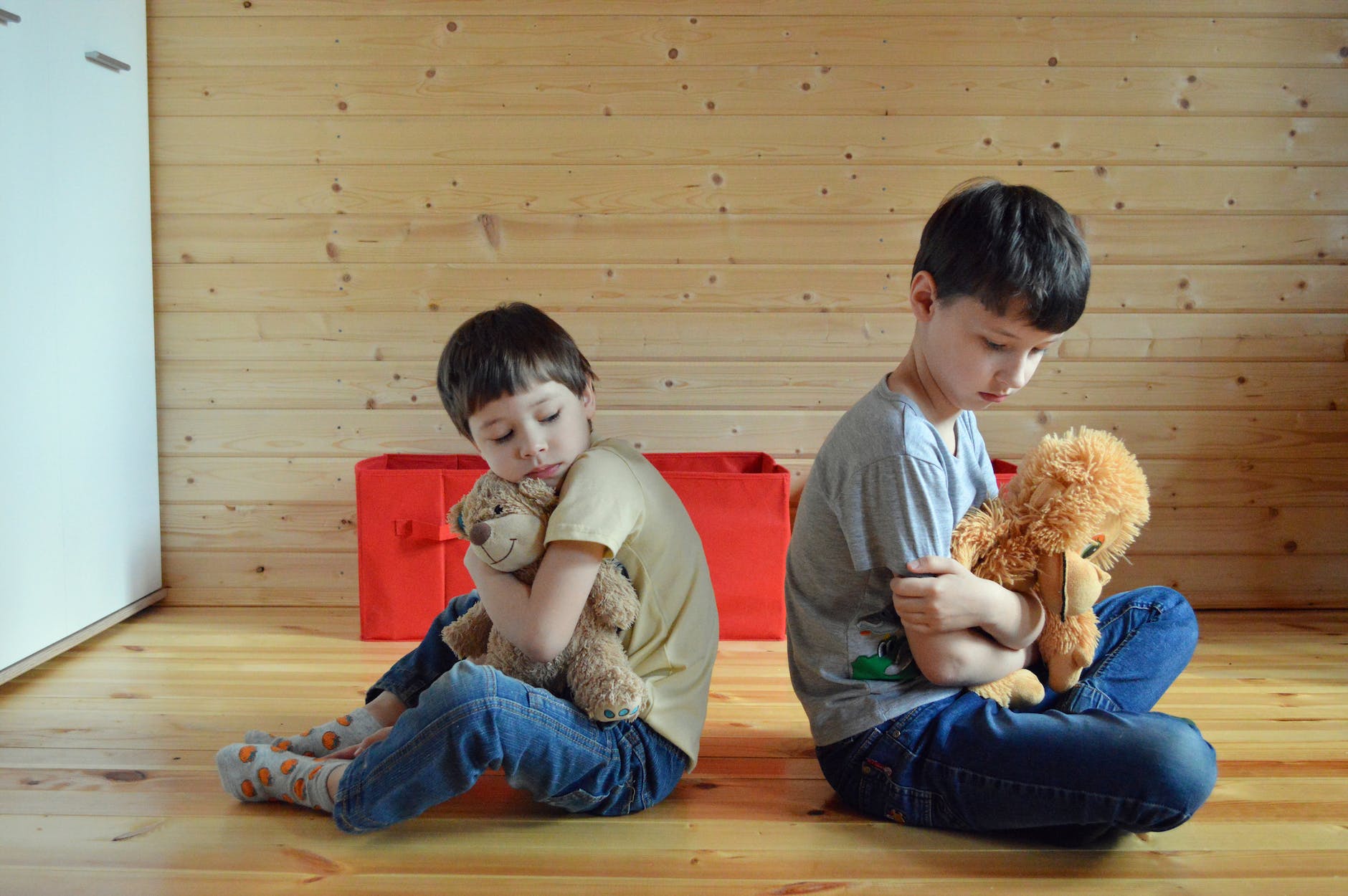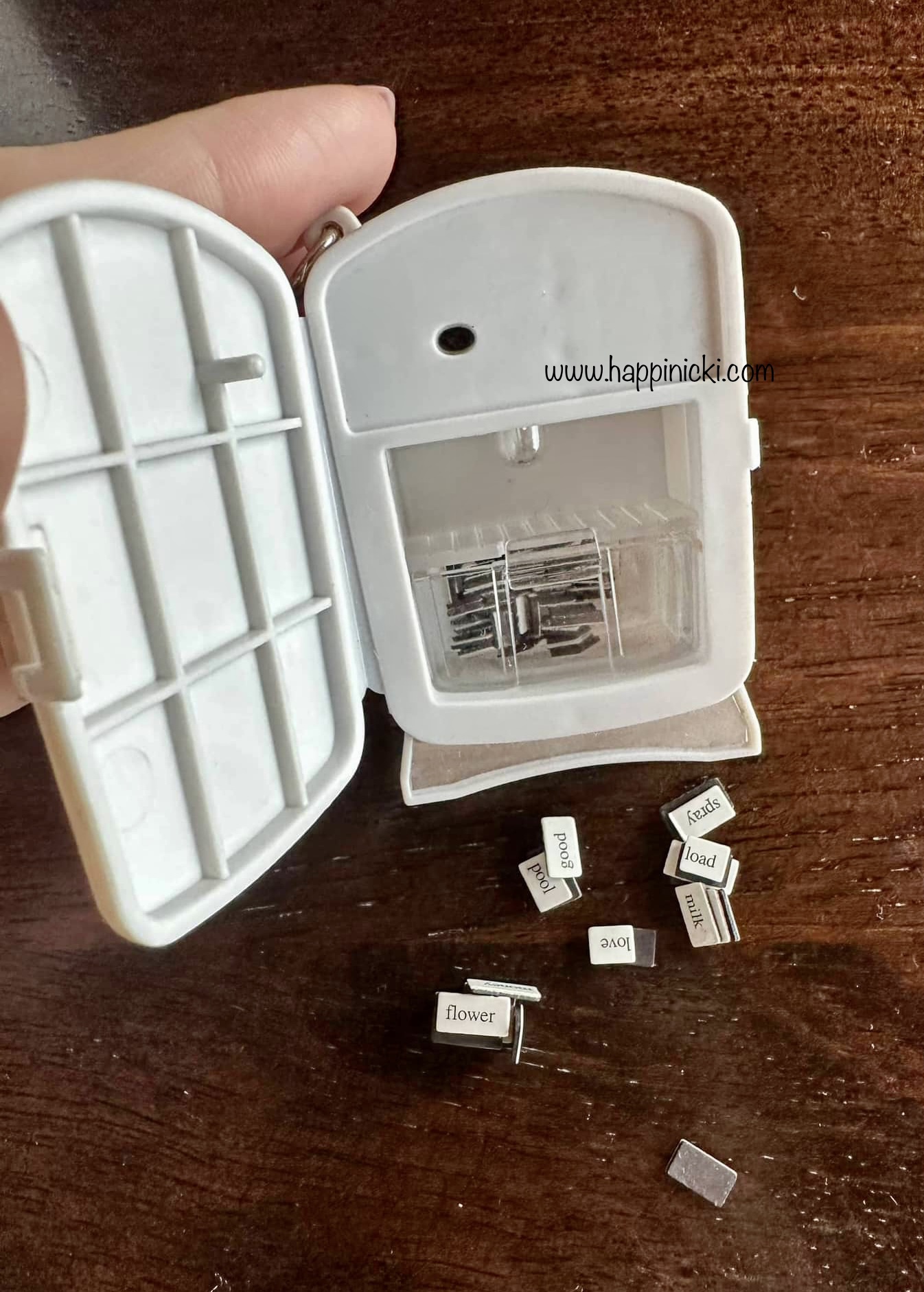Elton John was right when he said that “Sorry seems to be the hardest word.” Even for young children, it’s hard to say the word sorry especially when they don’t understand why they need to do so.
And even as most adults understand the meaning of that one word, some still find it hard to apologize. And so as parents, we don’t want our children to become ones that don’t know how to say their apologies when they’ve hurt someone.
Teach child to say sorry by being a role model
Children are the best copiers of their parents. I always find it funny when our toddler imitates me or my husband by discreetly watching our actions. Sometimes, I’m even surprised to hear words spoken by my son for that one time I’ve said that word (and no, those are not bad words).
If you’re asking, “Why won’t my child say sorry?,” then maybe it’s about time for your to teach a child to say sorry through modeling. “How?” You might ask. I apologize to my son whenever I wronged him especially when I get overwhelmed by my feelings.

Not long after, I found that my child is learning to say sorry without me enforcing him. Whenever he had a tantrum or outbursts of feelings, he would come to me to say sorry after the meltdown. And that’s when I realized how powerful modeling is with my toddler.
To teach child to say sorry, you must show how it’s done. Everyone makes mistakes one way or another. And sometimes, we also hurt our children without us meaning to. That’s the best time for us to be role models and apologize for our wrongdoings.
How to teach child to say sorry
You wouldn’t want to apologize for your child’s behavior every time. So the best thing to do is by teaching your child to say sorry. I know that teaching a child to finish her meal is already hard enough, but we don’t want people hating our children for not knowing how to be accountable for their mistakes.
Below are the effective ways to teach child to say sorry:
Avoid forcing your child
In our experience, forcing our child to do something out of his always backfires. He hates being controlled and wants to do things his way. Toddlers want to have control over their lives, so forcing your child to say sorry might not be the best approach.
On the other hand, using punishments or the like to teach child to say sorry is also ineffective. Doing so only creates fear that the child will get spanked or have to face the wall when they don’t apologize.
When fear is instilled in your child’s brain, they are more likely to react with a fight or flight response. And when it happens, children have no choice but to follow for fear of getting their parents mad, which doesn’t teach the child the importance of apologizing.

Avoid judging your child
When children misbehave, they don’t do it because they want to hurt their peers. More often, there is an underlying reason for the misbehavior. So, when adults around her judge her for her wrongdoing, it doesn’t teach her what’s right from wrong.
There are times when my angelic toddler commits mistakes unintentionally. More often, it’s his first time committing the action without knowing why it made us angry. Thankfully, I’m learning not to judge him for his wrongdoings, but rather understand the reason behind them.

Children are still learning so it wouldn’t be helpful when adults judge them based on their actions. And as parents, we should be the first people to understand our children because they rely on us on how to navigate life.
Re-enact situations
You can help your child understand more about the situation by re-enacting what has happened to her in the past. You can ask her what she was feeling when she hurt her friend and help her process her feelings.
Then, you can ask her what she thinks her friend feels about what she did. Children learn best when the adults around them help them understand the situations they encounter. Sit down and call your child to talk about things to get them to talk.

When children know that they can confide in their parents about their feelings, they are more likely to talk. And when they know that they can share everything to you (their parent), they are more likely to listen to you and what you will teach them.
Teach consequences
I believe that when a child learns about the consequences of her mistakes, she is more likely to learn not to repeat the action. For example, if my son accidentally spills his glass of water, what I do is let him wipe the spillage.
By doing so, he learns that when he is not careful around his glass of water, he’d be wiping the floor to clean up for his mistake. However, right now, he still enjoys wiping floors, so he doesn’t mind water spillage.

But I believe that in time, he’d understand that he has to prevent accidents so as not to work double time. We avoid scolding him for his mistakes because it only causes fear in the child instead of teaching him what to do.
In the same way, to teach child to say sorry, you have to let the child know what happens to the other party for the action she makes. Remember, teach only when your child is in her calm state because her brain won’t learn anything when she is in her tantrum state.
The takeaway
My son still doesn’t say sorry most of the time. However, he is only three and has a long way to go. Being a parent, I know that it’s hard to teach child to say sorry but it is important so our children can become responsible adults in the future.
In the meantime, I still have a lot to learn about parenting and how to get better at handling parent-child situations. I hope that you have learned a lot from this post. Let me know any suggestions in the comment section below!













